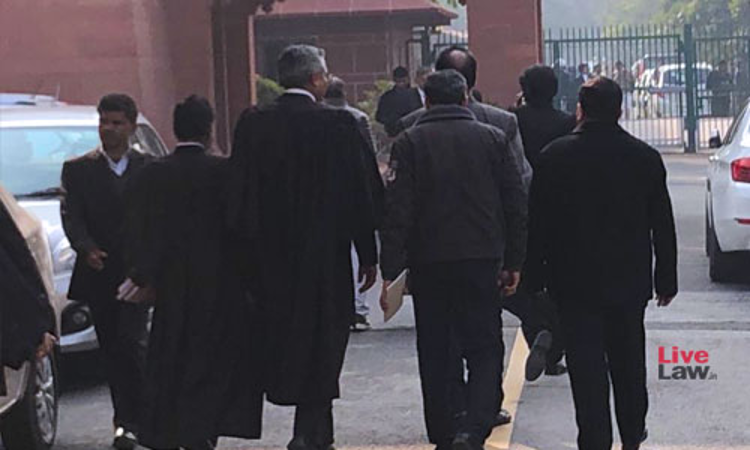Prosecutors Cannot Lose Sight Of Rights Of Citizens
Sidharth Luthra, Senior Advocate & Supriya Juneja, Advocate
3 Jun 2020 11:06 AM IST

Lawyers
The Bar Council of India Rules on "Standards of Professional Conduct and Etiquette" cast a high duty on all Advocates to restrain and prevent their clients from resorting to sharp or unfair practices and to use restrained language in correspondences (Section I Rue 4). While all advocates are duty bound to fearlessly uphold the interests of their clients, a higher burden is cast on Prosecutors to be fair and not just seek convictions.
The Bar Council Rules are not exhaustive and Advocates are required to conduct themselves as officers of the Court, "bearing in mind that what may be lawful and moral for a person who is not a member of the Bar… may still be improper for an Advocate". Having represented the Union of India, State Governments and its investigating agencies from 2012 onwards, one of the principles that Senior colleagues at the Bar had shared with us was that law officers and Prosecutors are not just lawyers for the government or its agencies, but more importantly they represent the citizens of this country as well.
The prosecution service was separated from the investigators under the Code of Criminal Procedure, 1973 in order to ensure its independence. While Prosecutors must effectively oppose unjustified claims, they cannot lose sight of the rights of citizens involved and must ensure that the fairness of the judicial process is not lost by reckless opposition to any petition of an accused who is entitled to presumption of innocence till proven guilty.
The CoVid-19 lockdown has created a situation where Courts including the Supreme Court, are functioning in a virtual environment and Advocates-on-Record do not have physical access to the Registry. The rules now in place require even bail applications in pending matters moved through e-filing to have prior consent of State agencies and complainant for the purpose of listing. In came a recent email responding to a listing request of counsel, an Investigating Agency simply recorded "…STRONG OBJECTION OF LISTING OF THIS MATTER. PLEASE BE NOTED".
That this was sent from the Central Agency of this Government where a litigant in custody was seeking bail is a matter of great consternation to anyone who values liberty of the citizen, for it means that the right to access court is at the whim and fancy of the Prosecutor or the Government agency instructing him. Instances such as this merit a serious relook at listing processes since the existing directions of the Registry requiring consent of opposing parties if withheld arbitrarily by State agencies leads to deprivation of liberty contrary to Article 21 of the Constitution. When a State agency determines that they will obstruct the listing of the matter, it is almost as if the State agency is sitting to filter and and obstruct the listing of matters denying relief to those seeking liberty, by barring access to court.


